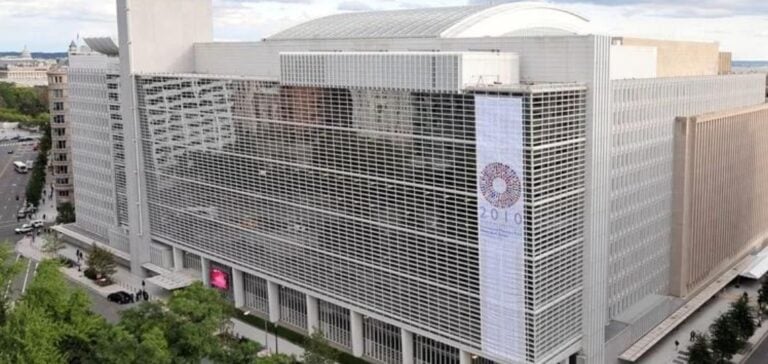The World Bank has approved $40 million in financing for the “Enabling the Energy Transition” project in Armenia. This project is part of Armenia’s Energy Sector Development Strategy up to 2040. The main objective is to rehabilitate electrical transmission substations, adopt reforms enabling the transmission company to access private financing, and promote modernization of the energy sector and regional cooperation. Armenia’s dependence on imported fuels, particularly natural gas, poses significant risks to energy security, exacerbated by the global energy crisis. By 2021, 62% of Armenia’s total energy supply will come from natural gas, followed by oil (16%), nuclear power (14%) and hydroelectricity (5%). Non-traditional renewable energy sources, such as wind and solar, accounted for only around 1%.
Reducing greenhouse gas emissions
Carolin Geginat, World Bank Country Manager for Armenia, said:
“To ensure an affordable, reliable and clean electricity supply for consumers, Armenia needs to continue investing in modernizing the electricity transmission network and improving the commercial viability of the High-voltage Electric Networks of Armenia JSC transmission company. In addition, we expect this project to help reduce greenhouse gas emissions, which are crucial to mitigating climate change.”
The project aims to integrate around 1.1 GW of renewable energy generation capacity into the transmission grid by 2032, enough to power more than 690,000 homes. This will reduce annual greenhouse gas emissions by 540,000 tonnes. In addition, the project seeks to attract $550 million in private investment, upgrade all transmission substations with automated control and digital protection systems, and increase total transmission substation capacity from 2,711 MVA to 3,109 MVA.
Regional impact and private investment
The project is part of the $2 billion ESCARES MPA (Europe and Central Asia Renewable Energy Scale-Up Multiphase Programmatic Approach) program, approved by the World Bank’s Board of Directors on March 28, 2024. The aim of ECARES MPA is to increase renewable energy production capacity in participating countries in the Europe and Central Asia region, support the acceleration of their energy transition and achieve significant impacts through private investment, while promoting knowledge sharing on a regional scale. The integration of new renewable energy generation capacity and the modernization of transmission infrastructure are designed to boost the efficiency and reliability of the Armenian power grid. These efforts will also help to reduce the energy sector’s environmental footprint, in line with global objectives to combat climate change.
The World Bank and Armenia hope that these initiatives will attract the considerable private investment needed to finance the large-scale projects required in the sector. The success of this energy transition could serve as a model for other emerging economies in the region, demonstrating the benefits of investing in transmission infrastructure and promoting renewable energies.






















